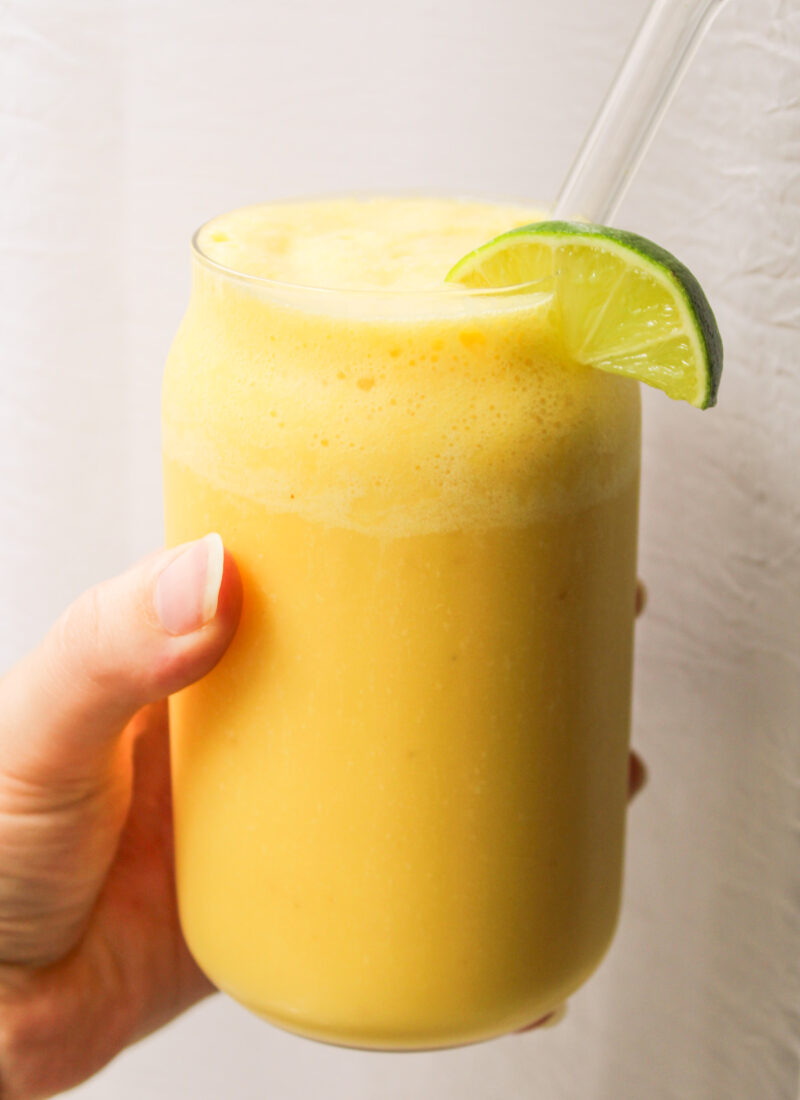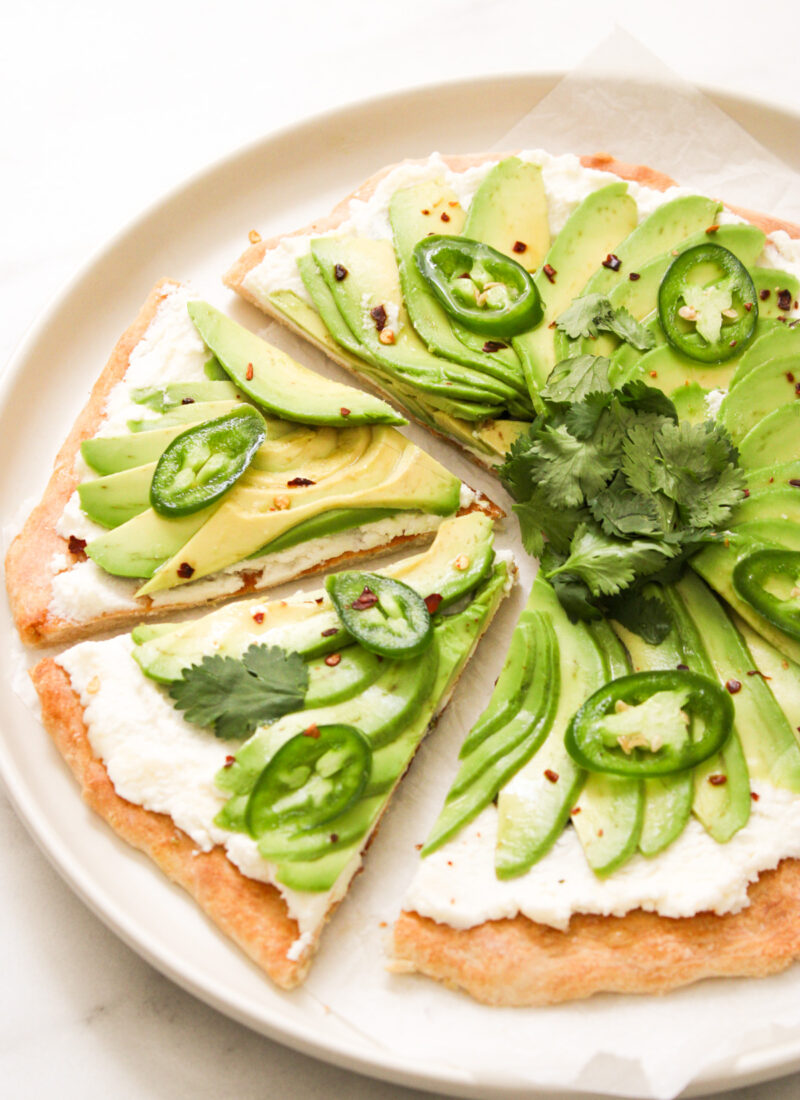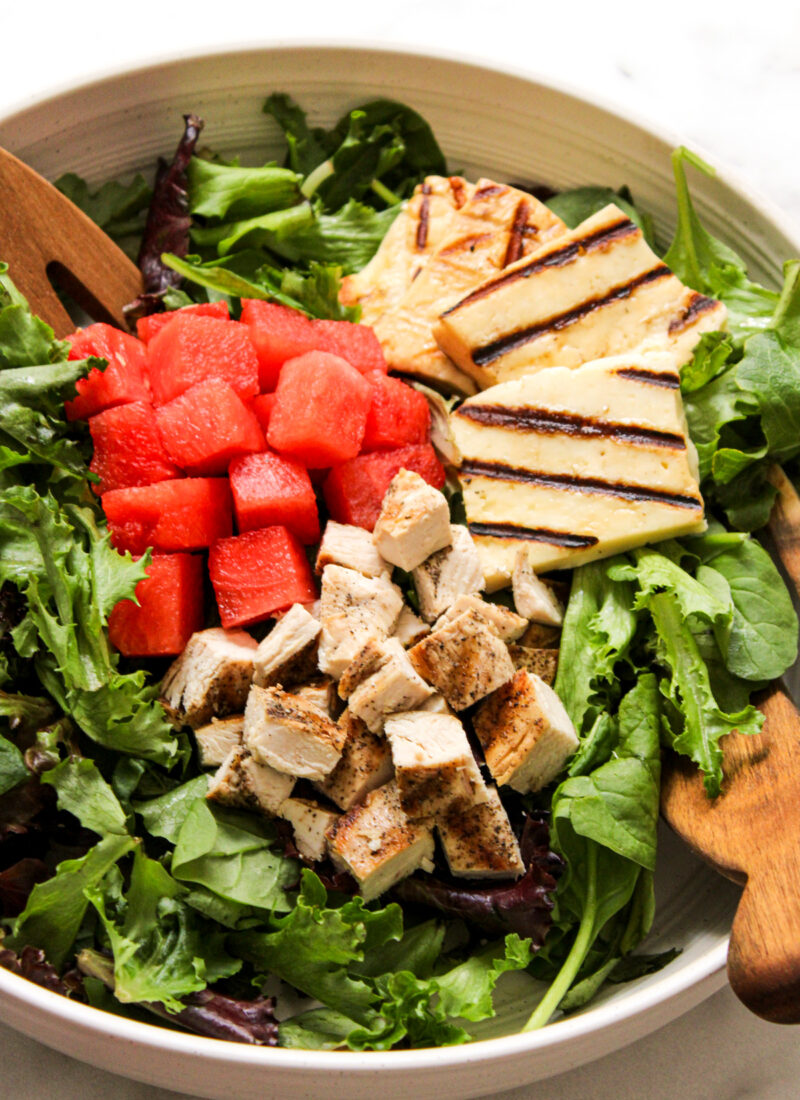In honor of Earth Day, this week’s post is all about how we can work towards a healthier planet by reducing food waste.
We’ve all wasted food before, whether because we took too much on our plate, left a carton of milk out too long, or just never got around to eating that bag of spinach like we thought we would. While it may not seem like a big deal at the time, wasting small bits here and there adds up.
Globally, one-third of all food produced is wasted. In Canada, the issue is no better:
The facts on food waste in Canada:
- every year, Canadians waste almost 2.2 million tonnes of edible food
- 40-50% of food waste occurs at the consumer level
- the average household wastes the equivalent of $1100 per year
- the most often wasted foods are: vegetables (30%), fruit (15%), leftovers (14%), bread and baked goods (9%) and dairy or eggs (7%)
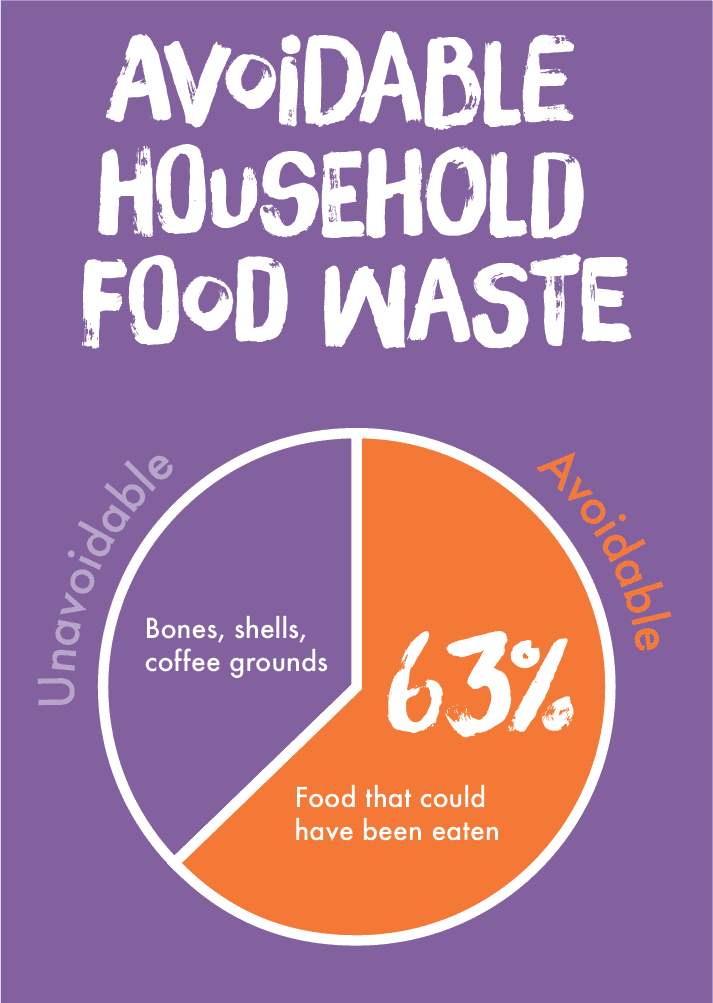
How does food waste impact the environment?
Throwing out food is not only a waste of the food itself, but all the resources that were required to bring it from the farm to the consumer’s table. For example, water is needed to grow crops, gas fuels transport vehicles across the country and food is sold in plastic packaging. Moreover, additional resources are used for the management of food waste.
Worldwide, food production accounts for one-quarter of greenhouse gas (GHG) emissions. In addition, the breakdown of food waste produces methane. GHGs like these are linked to atmospheric warming and climate change. Therefore, as consumers, preventing waste is an important step in reducing GHG emissions from food.
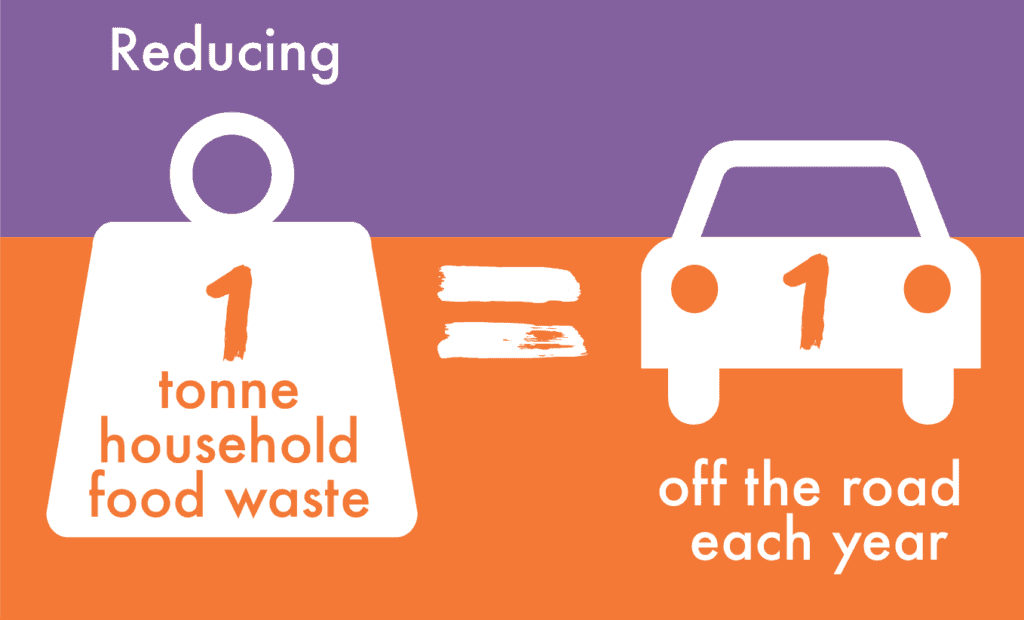
The good news is that there are a ton of super easy ways that you can help reduce the environmental burden of food waste!
5 simple ways to waste less food:
1. Meal planning
Although it may take a bit of extra time at the beginning of the week, meal planning is a super effective way to prevent food waste. By planning out which recipes you’re going to make, you’re able to create a super efficient grocery list of only the things you truly need. In the end, you’ll spend less time wandering around the grocery store waiting for inspiration to hit and save yourself some money on food that would just go to waste.
Tips: Before planning your meals, check your cupboards and fridge to see what you already have. Try thinking of meals that use these up first, before restocking. And instead of planning a new meal for every night, schedule in leftovers to make sure you eat those too!
2. Take advantage of your freezer
If you just can’t stand to eat leftovers for another day or your produce is spoiling faster than you can eat it, the freezer will be your best friend. Freezing food gives you some more time to use it up another day rather than throwing it away.
Tips: Try freezing leftover soup as individual portions that you can easily defrost for a quick lunch another day. Buy your favourite seasonal fruit in bulk and freeze for peak freshness all year round. Fill an ice tray with chopped herbs and olive oil; simply melt a cube in a saucepan to infuse some extra flavour into your cooking.
3. Repurpose your scraps
Instead of throwing out fruit and veggies peels or trimmings, find a creative way to use them! Here are just a few ideas:
- Toss vegetable and herb scraps into a bag in the freezer, adding to it over time. When the bag is full, boil away in a large pot of water to make a flavorful veggie stock
- Crisp up some potato peels with a bit of seasoning to make homemade peel chips
- Blitz up herb stems with some garlic and olive oil for a quick pesto
- Throw stale bread into the food processor with some dried herbs for easy breadcrumbs
For more fun ideas, IKEA released an amazing FREE cookbook featuring the use of kitchen scraps in super creative ways. Check it out here!
4. Understand “best before” dates
The “best before” dates listed on most food packages are not the same as an “expiration date”. “Best before” dates indicate the time after which a product may start to lose freshness or flavour. If you store and handle food properly, these dates are often more telling of “quality” rather than its “safety”. Many unopened foods, like canned beans, are often fine to eat well past the dates printed on their labels.
“Expiration dates” are different and usually only apply to certain types of foods, such as nutritional supplements or baby formula. Products that have passed their “expiration dates” should not be consumed as the actual nutritional value of the product may differ from what is on the label.
Understanding the difference between these dates is important to avoid unnecessarily wasting food that may still be acceptable to eat.
5. Compost what you can
Even after using all the tricks in the book, you will likely still have some food items (i.e. coffee grounds, chicken bones) destined for the bin. Perhaps a bit surprisingly, you can compost most of them. Not only does a backyard compost help you send less to the landfill, but it gives back to your home garden. Composting “recycles” the nutrients from your food scraps into rich new soil for your plants.
Even if you’re not a green thumb, many cities now offer organic waste collection. These initiatives further help reduce the amount of organic material, like food waste, we send to the landfill or incinerator.
Here in Montreal, you can find out if organic waste is collected in your neighborhood at this link.
In summary
As consumers, we can take small steps to reduce our environmental impact by preventing food waste. Every little bit helps!
xx Which is your favourite tip for reducing food waste?

